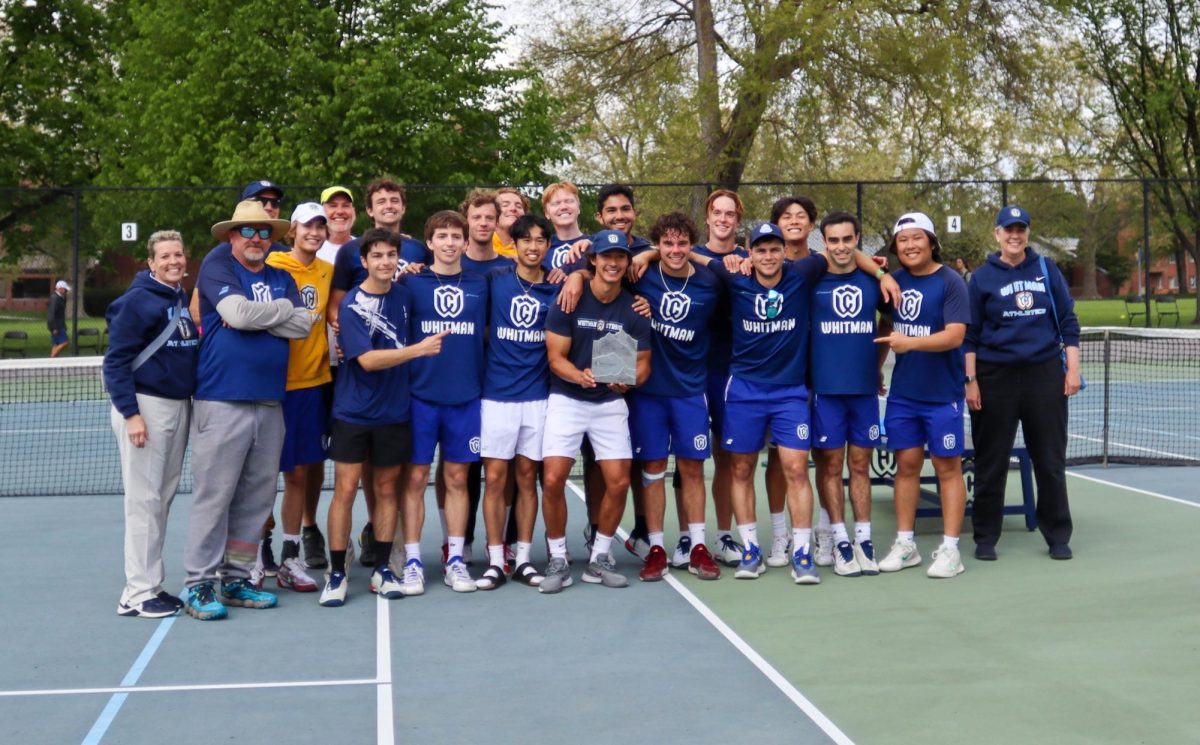Seattle is a sad sports city. No, it isn’t hopelessly doomed to horrendous teams in every sport like Cleveland, but that is precisely what makes me sympathetic to Seattle sports fans. They are hopeful. Hopeful enough to expect an undersized rookie quarterback to take a good-not-great football team to the Super Bowl. Hopeful enough to try to buy basketball season tickets as soon as rumors of the return of the SuperSonics began to circulate. Hopeful enough to root for the MLS.
Seattle fans want so badly to be a great sports city like Boston, New York and, in recent years, San Francisco. While the fans’ struggles are almost admirable in a sad sort of way, their anxiousness to be great is dooming them for the mediocrity they despise being associated with.
Any Seattle Mariners fan you talk to will take pleasure in reminding you of the early 2000s when the team thrived with a newly inked Ichiro Suzuki and cast of strong role players. For the last decade, the Mariners’ organization has fought tirelessly to return to that glory without avail. They have brought in stars and big contracts with optimism for success, but have lived and died (but mostly died) by the successes and failures of big name players.
The Mariners’ front office is desperate to appease their frustrated fan base. They always bring in exciting new faces, bring back old favorites like Junior Griffey and Raúl Ibañez, and even changed their stadium to try to remedy their struggles.
But that isn’t how baseball works.
If you look at the teams that have been successful in the last decade––the Yankees and Red Sox in the early 2000s or the Giants and Rangers in the past four years––they have a general philosophy and constants that ground them in success. The Red Sox and Yankees constantly make big free agent signings, but build around a core of franchise players like Derek Jeter, Andy Pettitte, Kevin Youkilis and David Ortiz. The Mariners have tried to build teams from the top down, bringing in star talent to fill their biggest roles, when they should be building the team up from homegrown talent, using free agency to push the team from good to great, not from medium to medium-plus-Beltré.
Building from homegrown talent allows you to play to your organization’s strengths. The Giants stocked up on young pitching toward the end of the Bonds Era. In the last five years they have emerged as a top team thriving off of a stellar pitching staff. They have not made big name signings because pitching can be developed and big bats don’t make a lot of noise in the windy AT&T Park. Their sexy blockbuster move to help the team on their World Series run last year was journeyman second baseman Marco Scutaro. Sure, fans would have loved to see them bring in a big bat to stand at first base, but that isn’t how the Giants win games.
The Mariners’ organization has great young talent and a deep minor league system, but it has too many moving pieces to establish itself as a team with the sustainable success its city deserves.
Why move the fences in when you could have speedsters Michael Saunders and Franklin Gutiérrez chasing down balls to provide defense for your young crop of pitchers? Why bring in defensive liabilities in Morse and Bay to hit 20 solo home runs each and take up a lineup spot for younger players? It is clear that Seattle fans want and expect big things from the Mariners immediately, but the Mariners simply need patience.
Great pitching depth and young talent behind the plate and up the middle could mean success for the next decade in Seattle. In order to develop into the perennial division champions they want to be, though, the Mariners need to allow players to develop within a system rather than trying frantically to compete with much more developed Anaheim, Texas and Oakland teams in the short term.
Seattle fans are loyal and optimistic, but if you think this is the Mariners’ year, you are only echoing the desperate mentality that doomed your team to a decade of mediocrity. It probably won’t be a good year for Seattle, but if fans aren’t patient enough to see things through without demanding trades and signings halfway through the year, there won’t be many good years to come.




HAWKSSS • May 2, 2013 at 4:51 pm
“Hopeful enough to expect an undersized rookie quarterback to take a good-not-great football team to the Super Bowl.” – Ummm… the Seahawks are ranked #1 in ESPN’s post-draft power rankings for the upcoming season, which means we have a perfectly sized quarterback with an unequivocally great supporting cast.